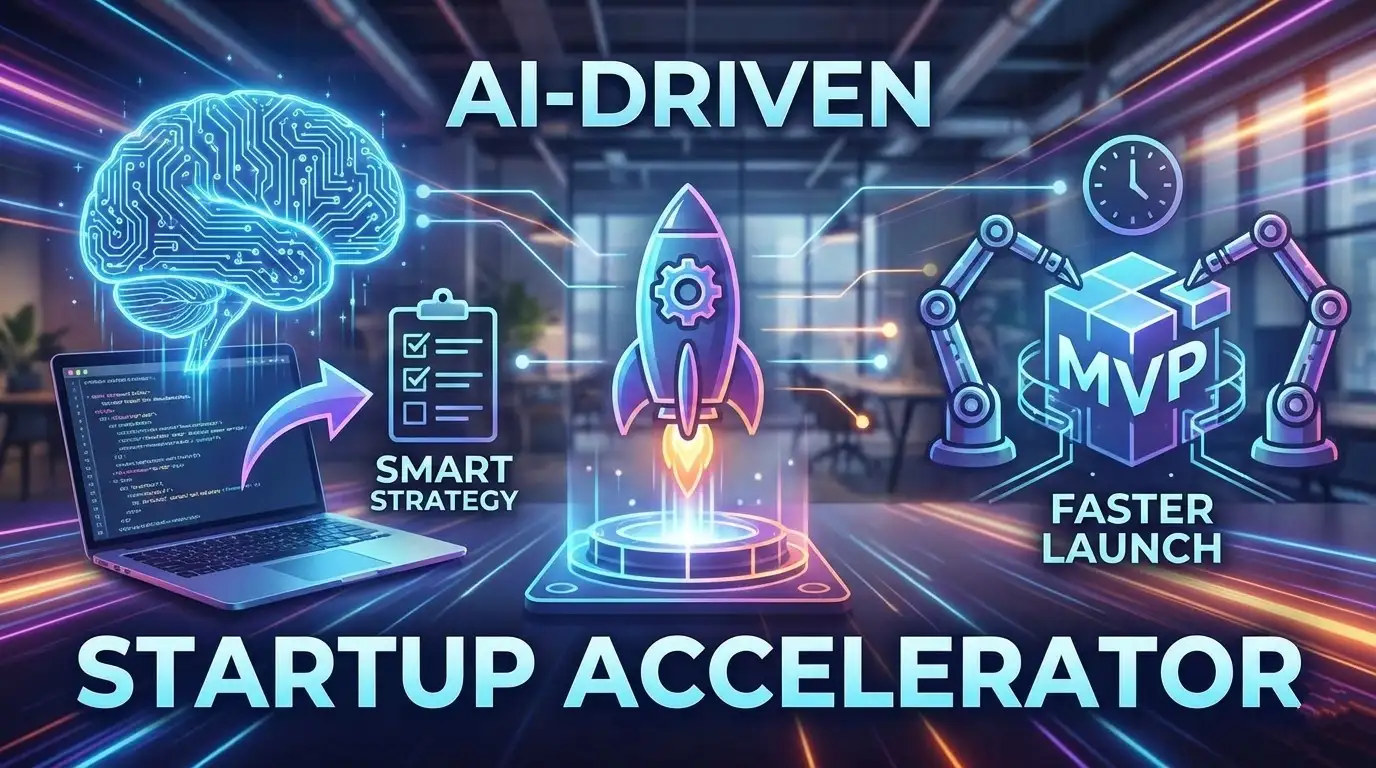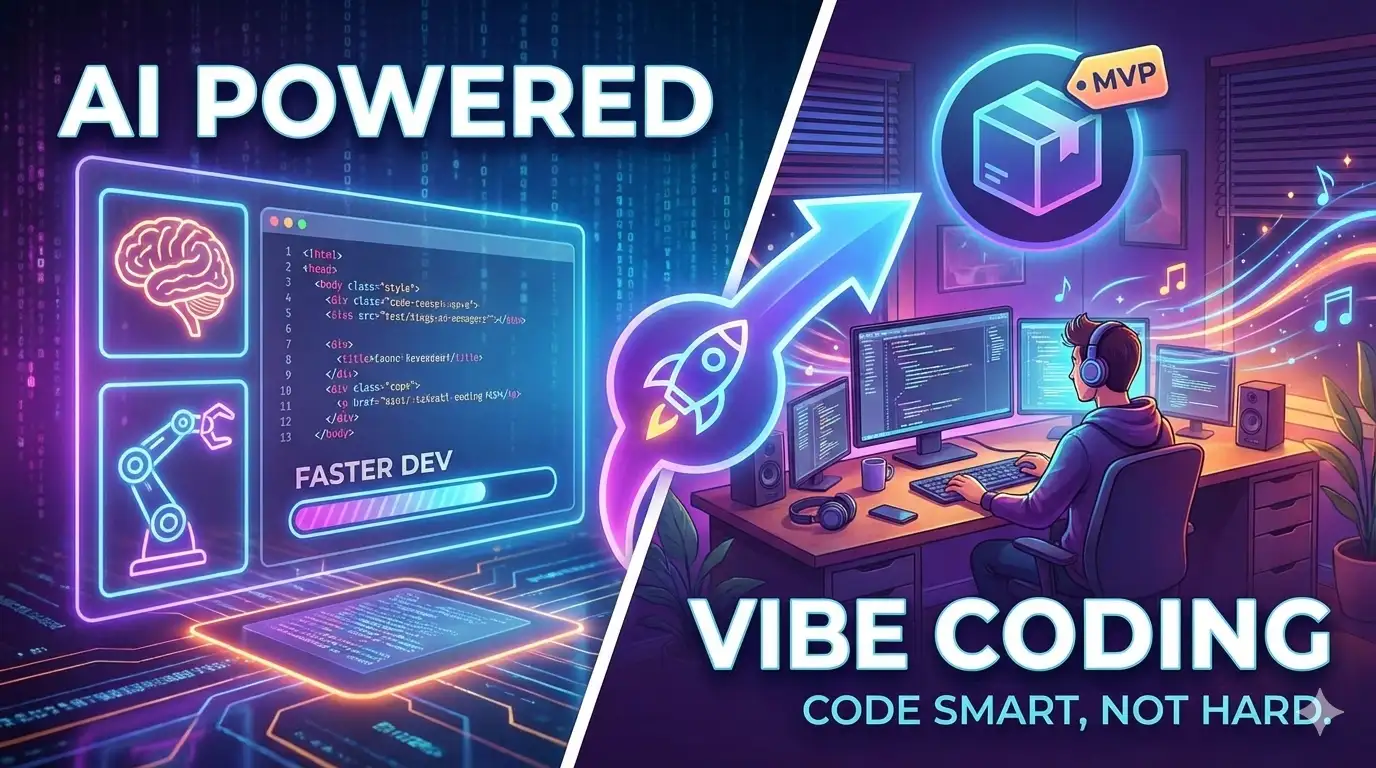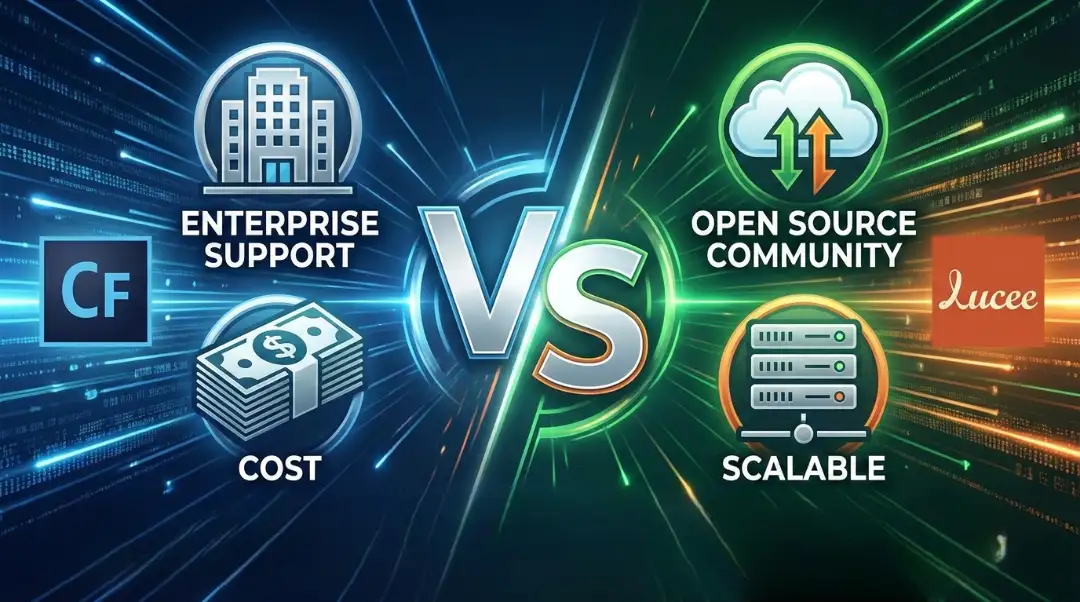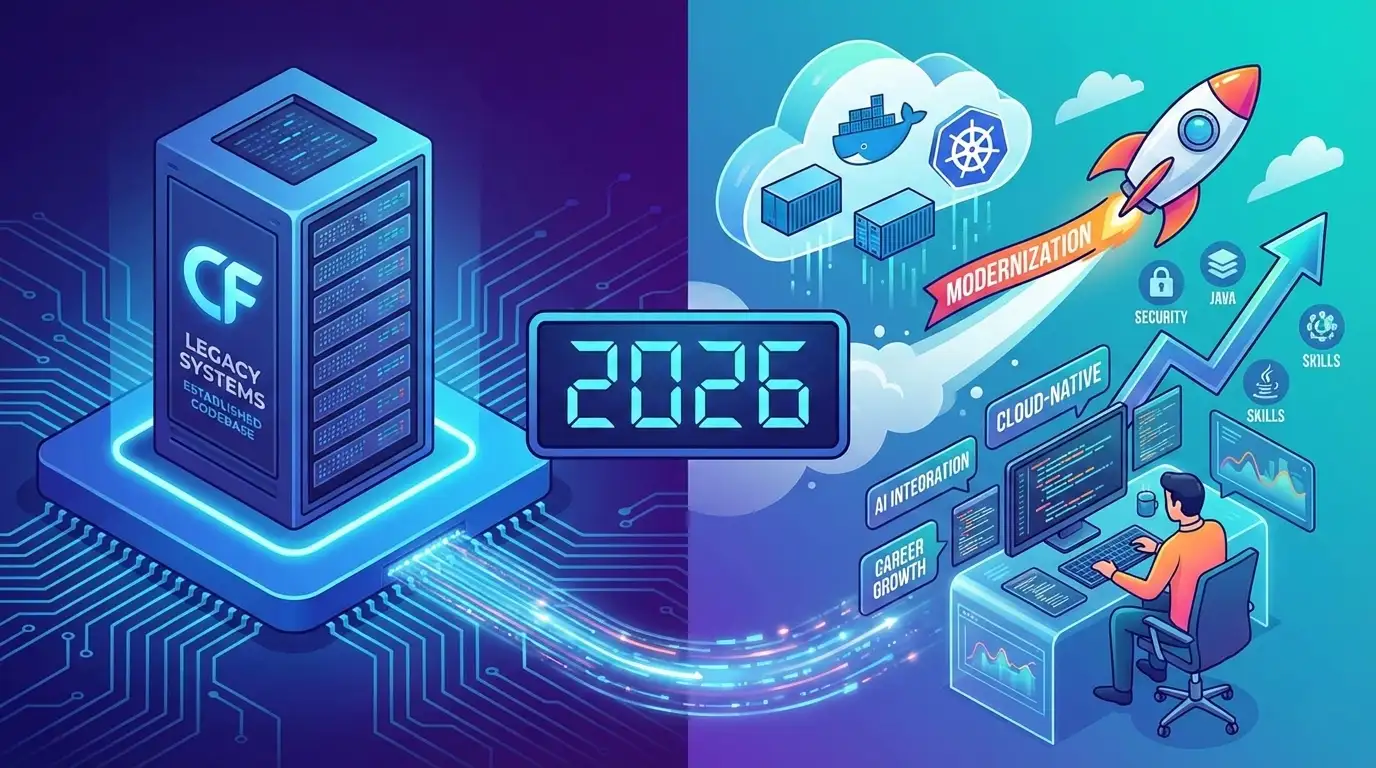What Drives the Cost of Custom Software Development? A Comprehensive Guide
Published by: Vinu VijayanDec 04, 2024Blog
In the case of custom software development, if you are out looking for a way to have a specific piece of software developed for your business. You probably have asked this question: "Why is it so costly?" or "What is eating up the costs?"
These questions are important to know, especially when they involve cost objectives. These, it seems, are difficult to understand, particularly when there are so many of them. This guide is here to help you sort through all the factors that are responsible for the pricing of a particular customized software development project. Armed with this knowledge, even when you decide to build an internal team instead of outsourcing custom software development, it gets you more clarity on the expectations within the pricing framework.
1. Scope and Complexity of the Project
Now, let us tackle the first and the most important part of the problem: complexity. The greater the complexity of your requirements, the higher the price will be. If the project involves only the development of a basic web-based application, it will likely be significantly less expensive. But if your requirement is to create a complex, enterprise-grade solution with multiple integrations, advanced data analytics, or artificial intelligence features, then the cost will be higher.
Key Takeaway: Identify your project scope in detail before commencing any activities. A clear scope reduces the chances of bad surprises and helps control the budget.
2. Selection of Technology Stack
The next important aspect that influences the cost is the choice of technology stack. The technologies, programming languages, and computing platforms that are implemented in your software will equally affect the budget.
If custom software development requires modern technology such as Artificial Intelligence, Blockchain, or any other cloud-based solution, the costs are most likely to be high. Applications, such as Python, Node.js, or React, might be depreciated in value when compared to using outdated application software systems, such as COBOL. The best custom software application development company will walk you through the process of choosing the most appropriate technology stack to fit your needs and budget.
Key Takeaway: Do not only consider the particular technology stack that meets your current requirements but also look at the scalability to meet the potential for expansion.
3. Experience and Expertise of the Development Team
A rather ancient argument is whether to be charged higher by more experienced teams or hire less experienced teams at a lower price. Here's the deal: with experience usually comes speed. A skilled team of software development professionals who specialize in custom software development will be able to bring the solutions to the table much quicker, thus minimizing the project duration. This means fewer billable hours, fewer chances of things going wrong, and a more efficient cycle of software development.
On the other hand, hiring less experienced teams may be cost effective but the development cycle may exceed timelines, much time may need in debugging the work done, and eventually may cost more than expected.
Key Takeaway: Choose a knowledgeable team to avoid costly revisions and delays.
4. Interaction with the Legacy Systems
There is no custom software development done in isolation. Most companies have another system already running like a CRM and ERP database, or even old applications. In case your new software is required to connect with these systems, you can expect your costs to go up.
Integration is complex and it includes a lot of planning, testing, and debugging so that it works well with everything else. This is especially true when the systems that need integration are antiquated and were never conceived to be integrated with contemporary software. A well-established custom software development company will manage these integration processes easily with minimum interruption.
Key Takeaway: Make sure there is enough provision for integration efforts if your project needs to connect with existing systems.
5. Support and Maintenance after Launch
Custom software development is not a one-time project. Once the software is launched on the market, you need to continuously monitor it for maintaining its performance, and efficiency, and proactively identify and resolve any issues without affecting its functionality. A lack of budget allocated for ongoing maintenance and support leads to downtimes, users bear the cost of loss of income, and user satisfaction sinks below the line.
Key Takeaway: It is important to allocate a budget for post-launch support to ensure the software functions efficiently after release.
6. Licensing Fees and Third-party Integration Tools
Should your project include non-core activities, for instance through integration of nonproprietary APIs or plugins, you will have to pay licensing fees. Some of the plugins or tools are free to use without any payment while others have an annual or monthly cost that is compulsory for usage.
Also, in the long run, the third-party integration tools will create a dependency risk much higher than that caused by altering existing platforms, which entails increased costs when updating or changing the design. There are unanticipated costs that must not be ignored in the software integration planning phase.
Key Takeaway: Be attentive to licensing fees because it is better to opt in late than in haste.
7. Project Timeline and Urgency
If your goals are very aggressive and therefore unrealistic, expect abstinence to cost more than not. Last-minute solutions are not at all beneficial for accelerating the completion of a development project but also bring devastating consequences to cost associated.
On the other hand, if your schedule is more relaxed, you might save some funds if the developers work at their own pace. Projects that are completed in a hurry can led to mistakes being made -- which may ultimately be more costly.
Key Takeaway: Be realistic when establishing the timeline to prevent having to incur additional costs.
Call to Action: Collaborate with Evalogical to Make Custom Software Development Simpler
Ok, so we all know that developing a custom software solution is more than just pressing a few buttons. But it should not be a herculean task either. Here at Evalogical, we are focused on providing end-to-end custom software development that is tailored to your business requirements. Whether you're a new business looking towards developing a new platform, or a current one trying to streamline your systems, our qualified software developers will assist you in all the process stages.
As a custom software development company, our focus is on helping you minimize operational inefficiencies and deliver a well-suited solution with a business impact. Contact Evalogical now so that we can help you bring your dream into reality.



 AI-Powered MVP Development: Sm....
AI-Powered MVP Development: Sm....
 Build Your MVP Faster: AI Tool....
Build Your MVP Faster: AI Tool....
 ColdFusion to Lucee Migration ....
ColdFusion to Lucee Migration ....
 ColdFusion vs Lucee: Which Is ....
ColdFusion vs Lucee: Which Is ....
 Is ColdFusion Still Relevant i....
Is ColdFusion Still Relevant i....



Your Trusted Software Development Company